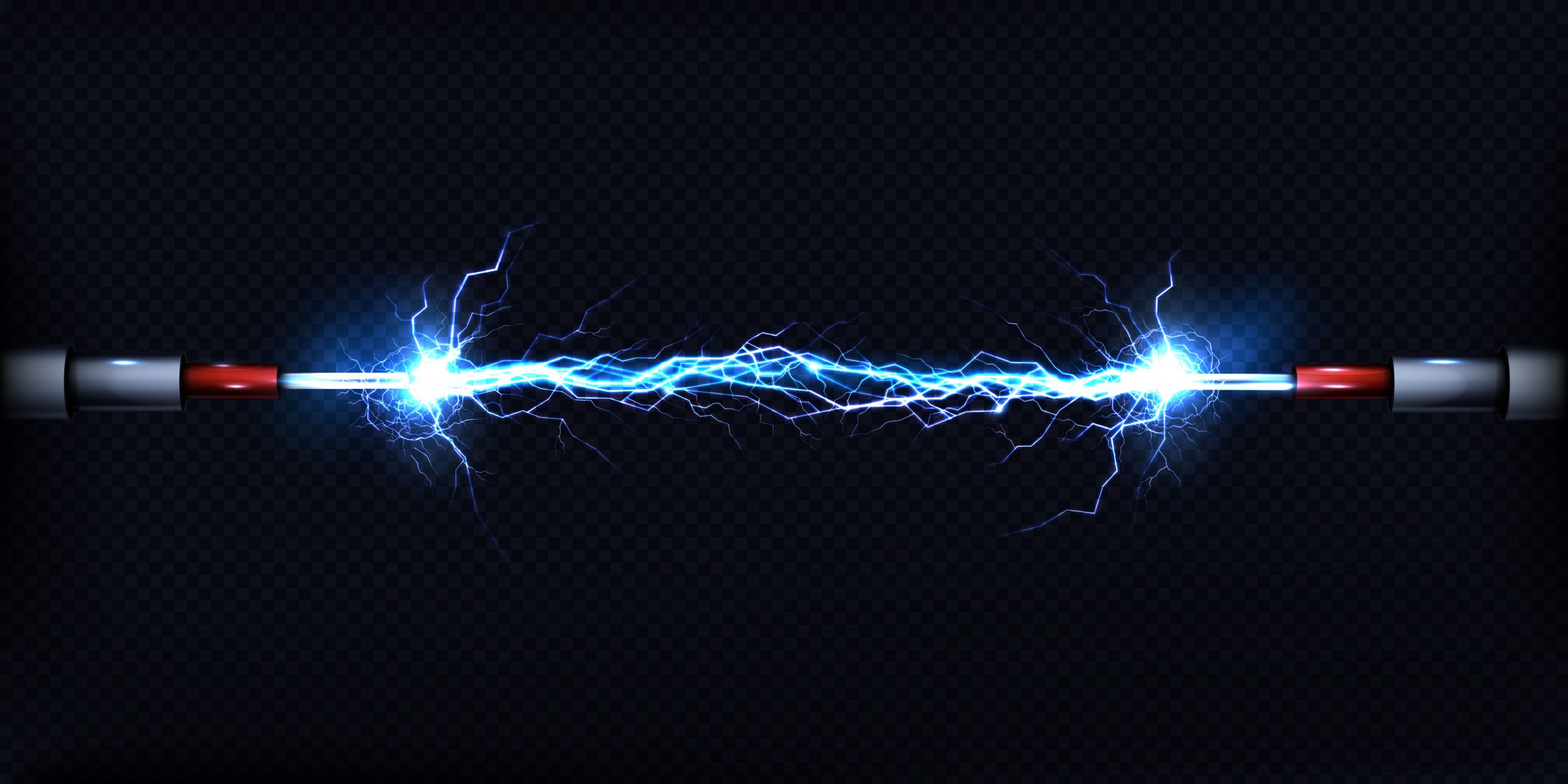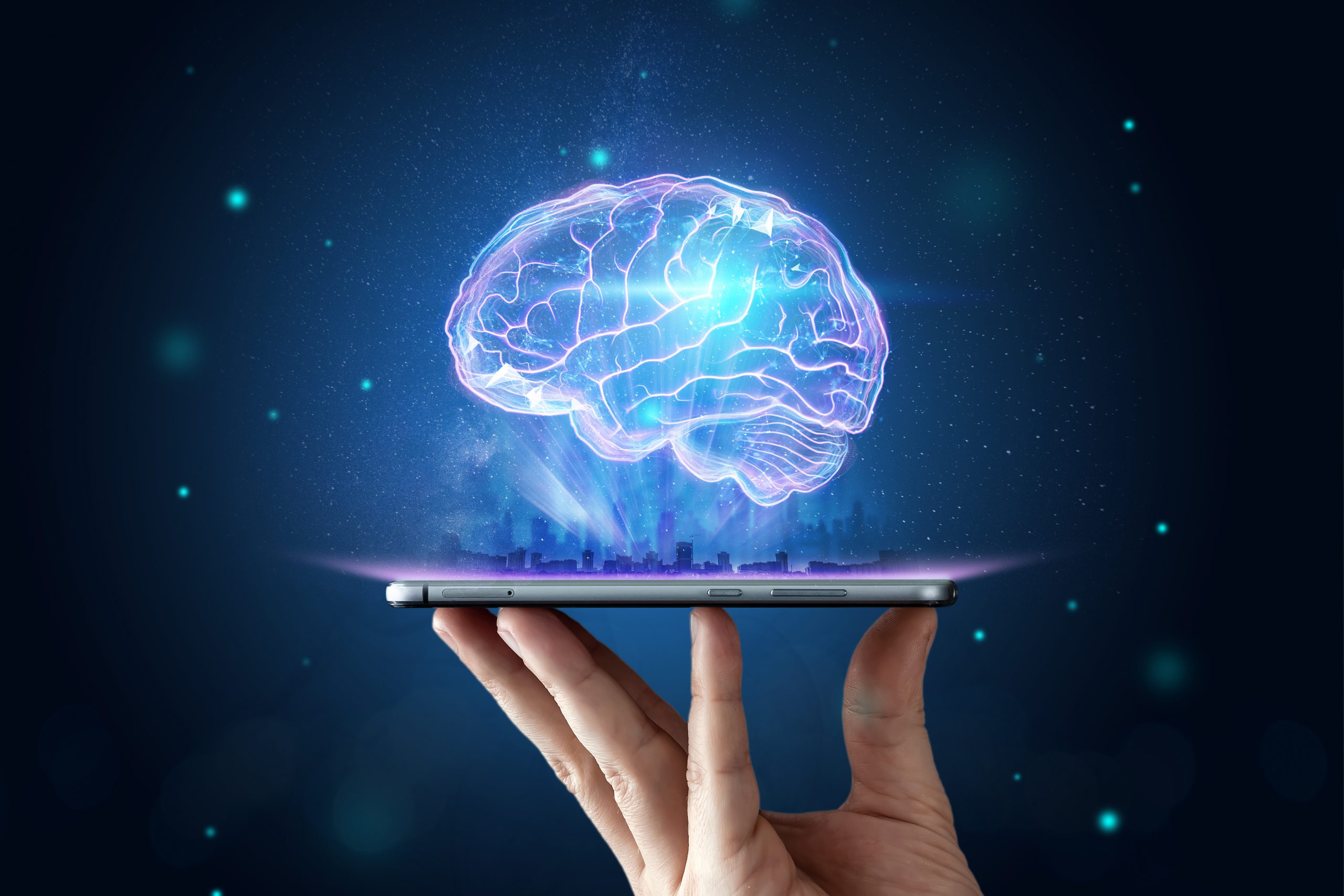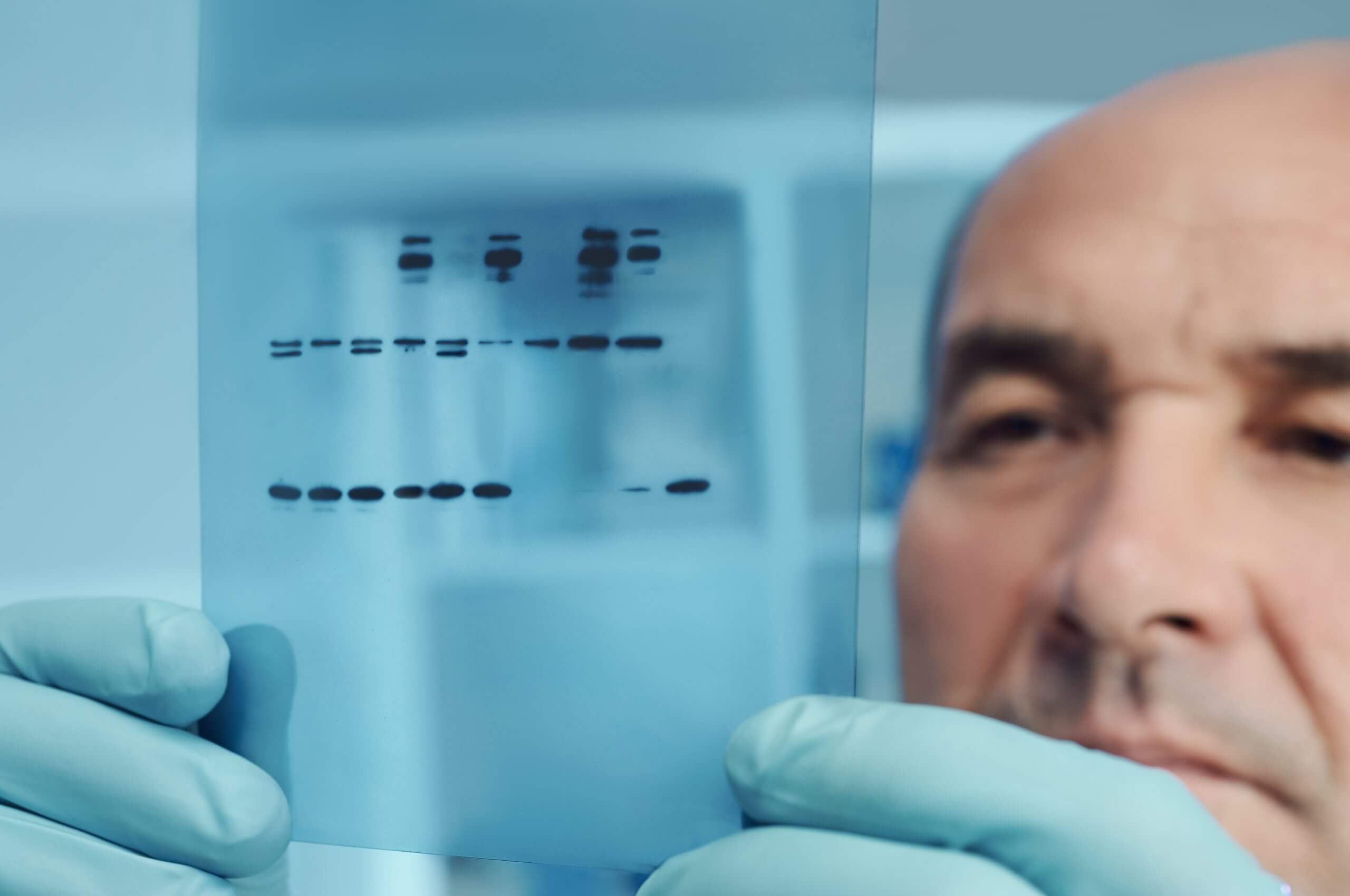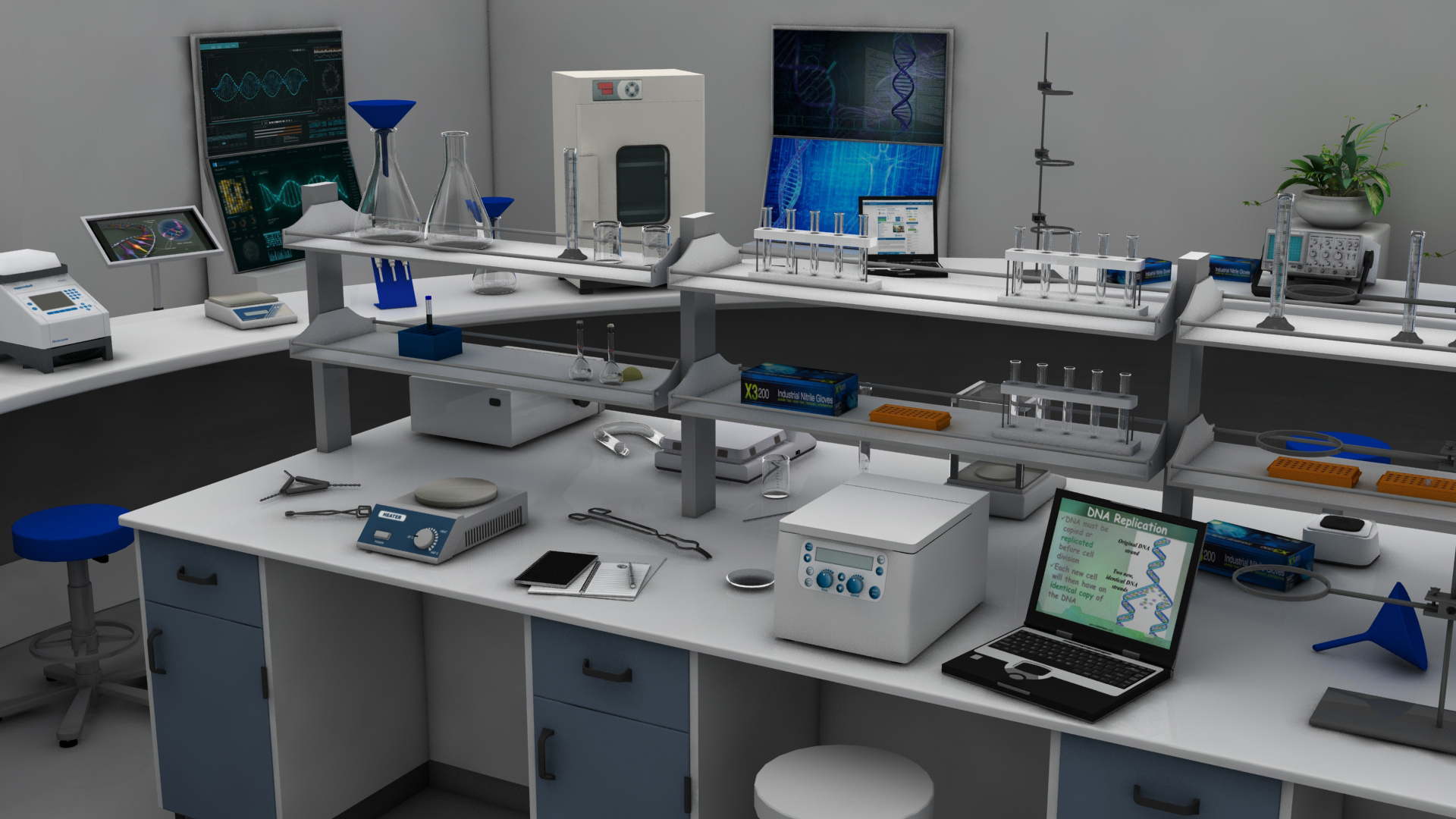-
Physics

History of Electricity, and Main Electricity Experiments Provided By PraxiLabs
Last Updated on August 1, 2022 by Sherouk Badr Shehata Imagine your daily life without lamps, working fans, and domestic appliances like electric stoves, A/C, and more. Also, modern means of transportation and communication. If there is no electricity in our world, what about factories? large machines? essential items like food, cloth, paper, and many other things that are produced based on electricity? Actually, electricity is one of the most important blessings that science has given to mankind. It has also become a part of modern life and one cannot think of a world without it. The discovery of electricity changed lives drastically, starting from domestic use to industrial activities. It is one of the most important innovations of all time. In your house, electricity is important for operating all appliances, entertainment, lighting and of course, all technology. When it comes to travelling, electricity is important for the use of electric trains, airplanes and even some cars. If you think about facilities such as schools, medical facilities such as hospitals, and retail facilities, all need electricity to run efficiently. When it comes to the medical field, electricity allows for the availability of X-Rays, ECG’s and instant results regarding blood …
Read More » -
E-learning

4 Technologies That Can Make Science Learning Easier and Funny
Last Updated on June 19, 2022 by Mostafa Science learning or science education is the teaching of science to non-scientists, such as school children, college students, and also adults within the general public. The science learning field can include work in science content, science process (the scientific method), social and citizen science, and some teaching pedagogy. In the last decades, science learning was based on traditional teaching methods. But through the last few years, we have noticed a significant change due to the revolution of the “information age.” Now we can see various applications for the internet and electronic devices in the world of science learning and teaching. Advances in computer and network technologies may facilitate and provide constructivist and cooperative learning environments, thus paving the way for cooperative activities and constructivist learning. Now let’s take a look at the main emergent technologies that are applied in science learning. Here you can find four effective technologies that have a breakthrough in science learning. Virtual labs, Simulations, and Dynamic Visualizations Unlike computational thinking, the amount of research about using virtual labs and simulation in science learning is large. There are a large number of recent studies that discuss the efficiency …
Read More » -
Physics

Modern Physics: Its History, Theories, And The Practical Experience of Its Virtual Labs
Last Updated on August 25, 2022 by Mostafa Introduction The emergence and development of modern physics was a giant leap in the history of mankind. This is because the main theories of modern physics reshaped our perception of the universe and caused an incredible scientific revolution. Modern physics is a branch of physics that includes the post-Newtonian concepts in the world of physics. It is based on the two major breakthroughs of the twentieth century: relativity and quantum theory. The term modern physics means up-to-date physics. This term refers to the breakthrough that happened after Newton’s laws, Maxwell’s equations, and thermodynamics, these laws which are known as “classical” physics. So modern physics can be considered the most recent step in the history of physics. This history has roots back to ancient Greece, old India, old china, the Islamic world, and medieval Europe. Then came the scientific revolution which is based on the ideas of Nicolaus Copernicus, Galileo Galilei, René Descartes, Isaac Newton, and others. In this article, we are going to take a look at the history of physics in these ages and the evolution of the main theories of modern physics. Also, we will discuss some of the …
Read More » -
Biology

DNA Extraction Virtual Lab Experiment from PraxiLabs
Last Updated on August 25, 2022 by Mostafa The DNA extraction virtual lab is the most affordable method to simulate an equipped laboratory that offers a realistic lab experience for the DNA extraction process. DNA extraction virtual lab helps universities to provide their students with an immersive learning experience using the technology of virtual labs to improve the quality of science education. But why do universities need to improve the quality of science education? Actually, the world is growing incredibly fast, which increases the list of growing challenges that will need to be solved by the current and future students. This is because those students will be the scientists of the future who will deal with the world’s great challenges including, but not limited to, global warming, solving starvation and water shortages, and of course curing diseases. Curing diseases need biological experts with a great passion for science and enthusiastic about studying dangerous submicroscopic infectious agents such as viruses and bacteria. And they must be brilliant in conducting biological lab experiments such as DNA extraction. This is because DNA extraction is one of the essential experiments that must be done to define, classify, and study the infection agents. So …
Read More » -
Biology

The Concept, Processes, and Applications of Western Blotting
Last Updated on September 22, 2022 by Sara Assem Western blot is an indispensable mechanism in the modern biomedical research laboratory, as well as in laboratories doing research in other areas. This technique is routinely used now for research purposes, for instance, clinical medical laboratories. Western blot can be used to identify a specific protein in a sample. Also, it provides information about protein size and relative abundance in the sample. Western blot is sometimes called “protein immunoblot” or “western blotting.” It is considered as an analytical technique used mainly in molecular biology and immunogenetics where antibodies are used to specifically detect their antigen. The term “blotting” refers to the transfer of biological samples from a gel to a membrane and their subsequent detection on the surface of the membrane. The development of the protein blotting techniques is credited to “Harry Towbin.” In 1978 “Harry Towbin” was hired by “Julian Gordon” at the “Friedrich-Miescher-Institute” in Basel for a postdoctoral fellowship. “Harry” and “Julian” worked in cooperation with “Theo Staehelin,” a pioneer in the field of initiation factors for mammalian protein synthesis who had ample expertise in ribosomes. In 1979 they published a paper entitled “Electrophoretic Transfer of Proteins From …
Read More » -
E-learning

All You Need to Know About Virtual Labs
Last Updated on September 22, 2022 by Sara Assem Virtual labs are considered one of the most important techniques of e-learning, as they enable both teachers and students to achieve the educational process’ goals. This is done by facilitating the application of the practical side of the curriculum at any time and place, and without any form of restrictions. And technology applications in the field of education have varied widely during the past few years. And development rates have accelerated in the field of e-learning in response to the digital transformation that we are witnessing in various areas of life now. Virtual labs have saved a lot of time and effort. Also they removed many obstacles that were faced by both student and teacher to conduct experiments. As they facilitated the conducting of experiments outside the real labs. In this article, we will shine a light on the importance of virtual labs and how to benefit from them and their uses, as well as some of the negatives that may result from the use of virtual laboratories. Join 25,000+ science lovers in PraxiLabs. You can create your free account to try our virtual labs and enjoy our free simulations …
Read More » -
Biology

PCR Analysis: COVID-19 Infection Detection Method… PraxiLabs Initiative Experiments
Last Updated on June 20, 2022 by Mostafa Recently, with the emergence of COVID-19 virus, we often hear the term “PCR analysis.” Polymerase Chain Reaction “PCR” is the basic analysis currently used to detect Infected people with COVID-19. Through the Polymerase Chain Reaction (PCR analysis), scientists can detect the presence of viruses that cause infection, even when they are present in small quantities in the body. This method contributes to the diagnosis of transmissible viral diseases, as well as to the identification of mutations in various genetic disorders. PraxiLabs 3D virtual biology laboratory provides the PCR experiment within its initiative to support practical colleges, where you can conduct the experiment in the virtual biology lab, which provides science students and professors with a more accurate understanding of PCR meaning. These experiments are completely free for a whole month for practical college professors and students. You can create your PraxiLabs account to conduct these experiments from here. What is Polymerase Chain Reaction (PCR)? Polymerase Chain Reaction is one of the important techniques used to amplify a portion of the DNA chain using very small amounts of materials, where the DNA chain can be multiplied more than a million times. After the …
Read More » -
virtual learning articles

Distance Learning in Universities: An Initiative to Support Practical Colleges While Study Lockdown
Last Updated on June 20, 2022 by Mostafa At present, educational institutions realized the importance of distance learning and its effectiveness in the continuation of the educational process during the spread of epidemics. With the spread of the new coronavirus all over the world, most of the countries are applying social distance theory. So, it became necessary to lock down educational institutions as they are one of the largest forms of social gatherings. In this situation, distance learning technologies have provided an opportunity for students and teachers to keep the educational process running regularly. Convinced of its social role, PraxiLabs has provided many of its scientific experiments for free. In this article, you will learn about the concept of distance learning, details of PraxiLabs initiative, and how professors and students in practical colleges can benefit from it, in addition to your registration link. The article also contains details of the PCR experiment, which is one of the initiative’s experiments. The PCR is the analysis that is currently used to detect infected people with Covid-19. Distance Learning: Distance learning is defined as the use of modern technologies of communication, computers, the Internet, and various media such as audio, video, and …
Read More » -
Physics

The Most Important Physics Discoveries in History (Part One)
Last Updated on June 20, 2022 by Mostafa Physics is our tool to perceive the universe and understand the various natural phenomena that surround us. Through our study of natural sciences and physics discoveries that had been made, we were able to harness science for making renaissance and the progress that we have reached now. Therefore, physics is known as the science that is considered with studying the basic concepts such as energy, strength, and time and everything that follows these, such as mass, matter, and its movement. More broadly, physics is the general analysis of nature, which aims to understand the structure of our universe and the way it functions. In this series of articles presented by PraxiLabs blog, we will highlight some of the most important discoveries in the history of physics. PraxiLabs is a 3D virtual lab now available to all educational institutions. You can learn about the most important advantages of using virtual laboratories in your educational institution here. 1- Light’s Particle Nature: One of the most common questions throughout the history of physics was “what is light? Is it particles or waves?” In the seventeenth century, Newton came and conducted the famous prism …
Read More » -
News

World Universities Ranking 2020 (Ranking Indicators)
Last Updated on June 20, 2022 by Mostafa The world ranking of universities is the focus of attention of every faculty member, as well as students who aim to continue their university studies. It is also a matter of concern for employers wishing to appoint graduates. Therefore, each university seeks to improve its world ranking to attract more students and researchers. Moreover, it aims to provide good job opportunities for them among the employers of international companies around the world. The methods of evaluation universities differ from one foundation to another according to their evaluation indicators. Therefore, there is a variation in the universities’ world rankings, according to the criteria of each foundation: 3 types. Some foundations, the first type, evaluate universities based on their contribution rate in the international publication of researches and the extent of the impact of its researches in the academic community, where the citations number is included within the evaluation. The second type of foundations classify universities based on the extent of their popularity among academics and the opinions of operators. The third type is institutions that classify them according to the development of educational technology in those universities. View the newest technological application …
Read More »










